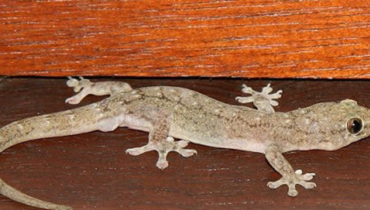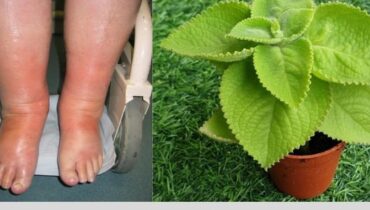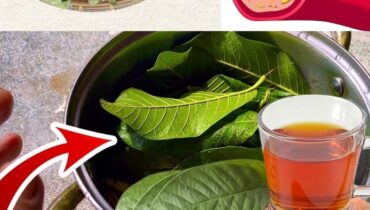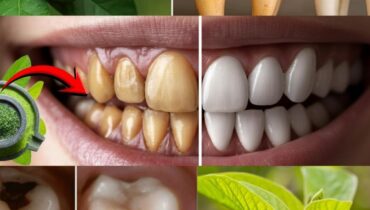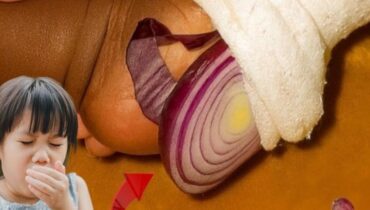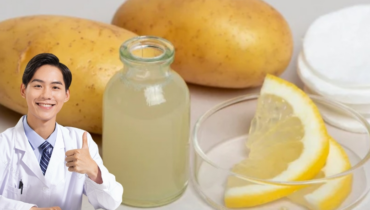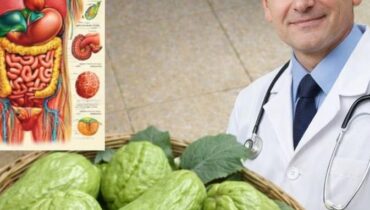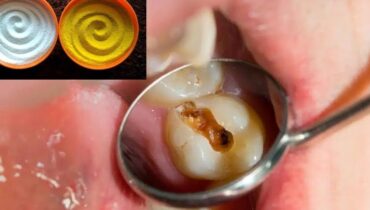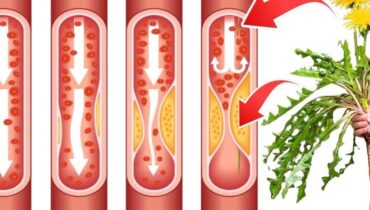📌 5 Foods Doctors Urge Parents to Avoid for Children’s Long-Term Health

Posted 1 September 2025 by: Admin
The heartbreaking loss of a 5-year-old child to late-stage cancer has shaken both families and medical professionals.
While cancer has many causes—genetic, environmental, and lifestyle-related—doctors stress that diet is one factor parents can control. Some everyday foods may silently increase cancer risk in children, making mindful nutrition more important than ever.
1. Processed Meats
Sausages, ham, hot dogs, and deli meats are widely consumed, especially in children’s meals. But these foods often contain nitrates, nitrites, preservatives, and artificial colorings. The World Health Organization (WHO) has classified processed meats as carcinogenic to humans. Because children’s bodies are still developing and more sensitive to harmful substances, regular consumption poses added risks. Safer alternatives include fresh, lean proteins such as chicken, eggs, or beans.
2. Sugary Drinks and Sodas
Sodas and sweetened juices, often marketed with colorful packaging, hide dangerous amounts of sugar and artificial chemicals. Frequent consumption can lead to obesity, type 2 diabetes, and higher cancer risk later in life. High sugar intake fuels inflammation and may trigger cellular changes linked to cancer. Water, diluted natural juices, or unsweetened herbal teas are far healthier options for children.
3. Deep-Fried and Fast Foods
French fries, chicken nuggets, and onion rings may be convenient, but they are often loaded with trans fats and acrylamide, a chemical formed at high cooking temperatures. Acrylamide has been associated with cancer in animal studies. In addition, fast food typically contains excess salt, preservatives, and unhealthy fats that can weaken a child’s immune defenses. Preparing fresh, homemade meals is a healthier and more sustainable alternative.
4. Instant Noodles and Packaged Snacks
Quick, inexpensive foods like instant noodles and packaged snacks often contain MSG, high sodium, and artificial flavor enhancers. While occasional consumption is unlikely to cause harm, regular intake can strain metabolism and organ function. Choosing whole foods such as rice, vegetables, and fruits ensures children receive essential nutrients without harmful additives.
5. Sweets with Artificial Colors and Flavors
Brightly colored candies, gummy snacks, and many baked goods often contain synthetic dyes and artificial flavors. Some of these additives are linked to behavioral issues and possible carcinogenic effects. Children are more vulnerable because their smaller bodies process chemicals differently. Whenever possible, parents should opt for natural sweets made without artificial additives to reduce unnecessary risks.
The death of a child from late-stage cancer is a tragedy no family should face. While not all cancers can be prevented, doctors emphasize that diet is a key area where parents can act. By limiting these five food groups and replacing them with fresh, wholesome options, families can strengthen their children’s long-term health. Early healthy habits provide resilience, and prevention often begins at the table—the choices made today may protect lives tomorrow.



